
Miguel de Unamuno y Jugo was born in the medieval centre of Bilbao, Basque Country, the son of Félix de Unamuno and Salomé Jugo. As a young man, he was interested in the Basque language, and competed for a teaching position in the Instituto de Bilbao, against Sabino Arana. The contest was finally won by the Basque scholar Resurrección María de Azcue. Unamuno worked in all major genres: the essay, the novel, poetry and theatre, and, as a modernist, contributed greatly to dissolving the boundaries between genres. There is some debate as to whether Unamuno was in fact a member of the Generation of '98 (an ex post facto literary group of Spanish intellectuals and philosophers that was the creation of José Martínez Ruiz—a group that includes Antonio Machado, Azorín, Pío Baroja, Ramón del Valle-Inclán, Ramiro de Maeztu and Ángel Ganivet, among others). In addition to his writing, Unamuno played an important role in the intellectual life of Spain. He served as rector of the University of Salamanca for two periods: from 1900 to 1924 and 1930 to 1936, during a time of great social and political upheaval. Unamuno was removed from his post by the government in 1924, to the protest of other Spanish intellectuals. He lived in exile until 1930, first banned to Fuerteventura (Canary Islands), from where he escaped to France. Unamuno returned after the fall of General Primo de Rivera's dictatorship and took up his rectorship again. It is said in Salamanca that the day he returned to the University, Unamuno began his lecture by saying "As we were saying yesterday, ...", as Fray Luis de León had done in the same place four centuries before, as though he had not been absent at all. After the fall of Rivera's dictatorship, Spain embarked on its second Republic, a short-lived attempt by the people of Spain to take democratic control of their own country. He was a candidate for the small intellectual party Al Servicio de la República. The burgeoning Republic was eventually squashed when a military coup headed by General Francisco Franco caused the outbreak of the Spanish Civil War. Having begun his literary career as an internationalist, Unamuno gradually became a convinced Spanish nationalist, feeling that Spain's essential qualities would be destroyed if influenced too much by outside forces. Thus for a brief period he actually welcomed Franco's revolt as necessary to rescue Spain from radical influence. However, the harsh tactics employed by the Francoists in the struggle against their republican opponents caused him to oppose both the Republic and Franco. As a result of his opposition to Franco, Unamuno was effectively removed for a second time from his University post. Also, in 1936 Unamuno had a brief public quarrel with the Nationalist general Millán Astray at the University in which he denounced both Astray and elements of the Francoist movement. He called the battle cry of the rightist Falange movement—"Long live death!"—repellent and suggested Astray wanted to see Spain crippled. One historian notes that his address was a "remarkable act of moral courage" and that he risked being lynched on the spot. Shortly afterwards, he was placed under house arrest, where he remained, broken-hearted, until his death ten weeks later.[1]
Series
Books

La tía Tula
1921

Петдесет велики разказвачи
2010
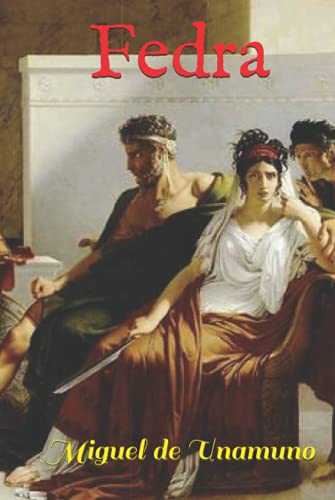
Fedra
1910
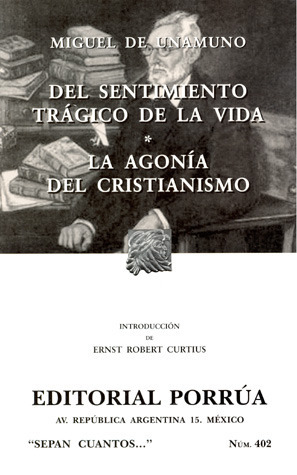
Del sentimiento trágico de la vida. La agonía del cristianismo
1924

San Manuel Bueno, martir and La Novela de Don Sandalio, jugador de ajedrez
1988
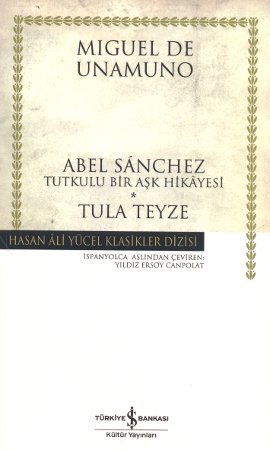
Abel Sánchez - Tula Teyze
1917
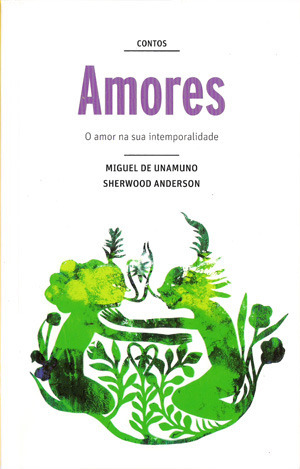
Contos Amores
2011

La agonía del cristianismo
1925

Uma História de Amor
2016

Three Exemplary Novels
1921

Nada menos que todo un hombre
1920

Δύο μάνες
2017

San Manuel Bueno, mártir, y tres historias más
1951

The Novel of Chess Master Don Sandalio
1930

Abel Sánchez
1917

Un pobre hombre rico o El sentimiento cómico de la vida
2019

Love and Pedagogy
1902

En torno al casticismo
1902

Abel Sánchez and Other Stories
1917
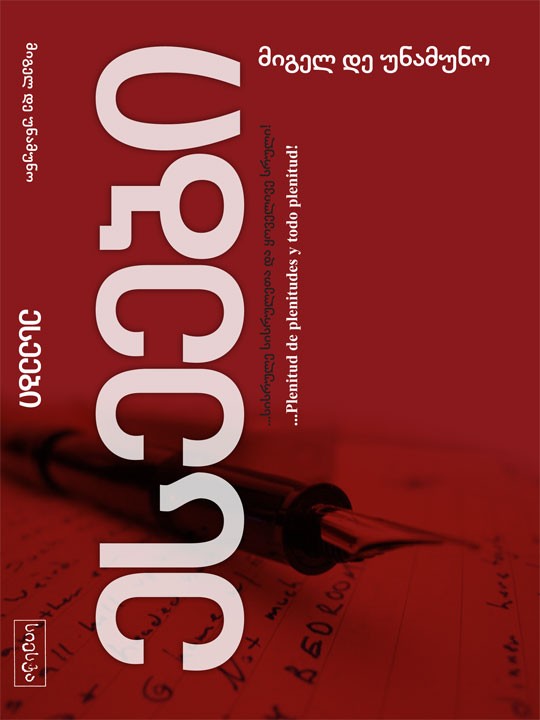
ესეები
2026
Essays and Soliloquies
1925

Selected Works of Miguel de Unamuno, Volume 1
Peace in War: A Novel
1897
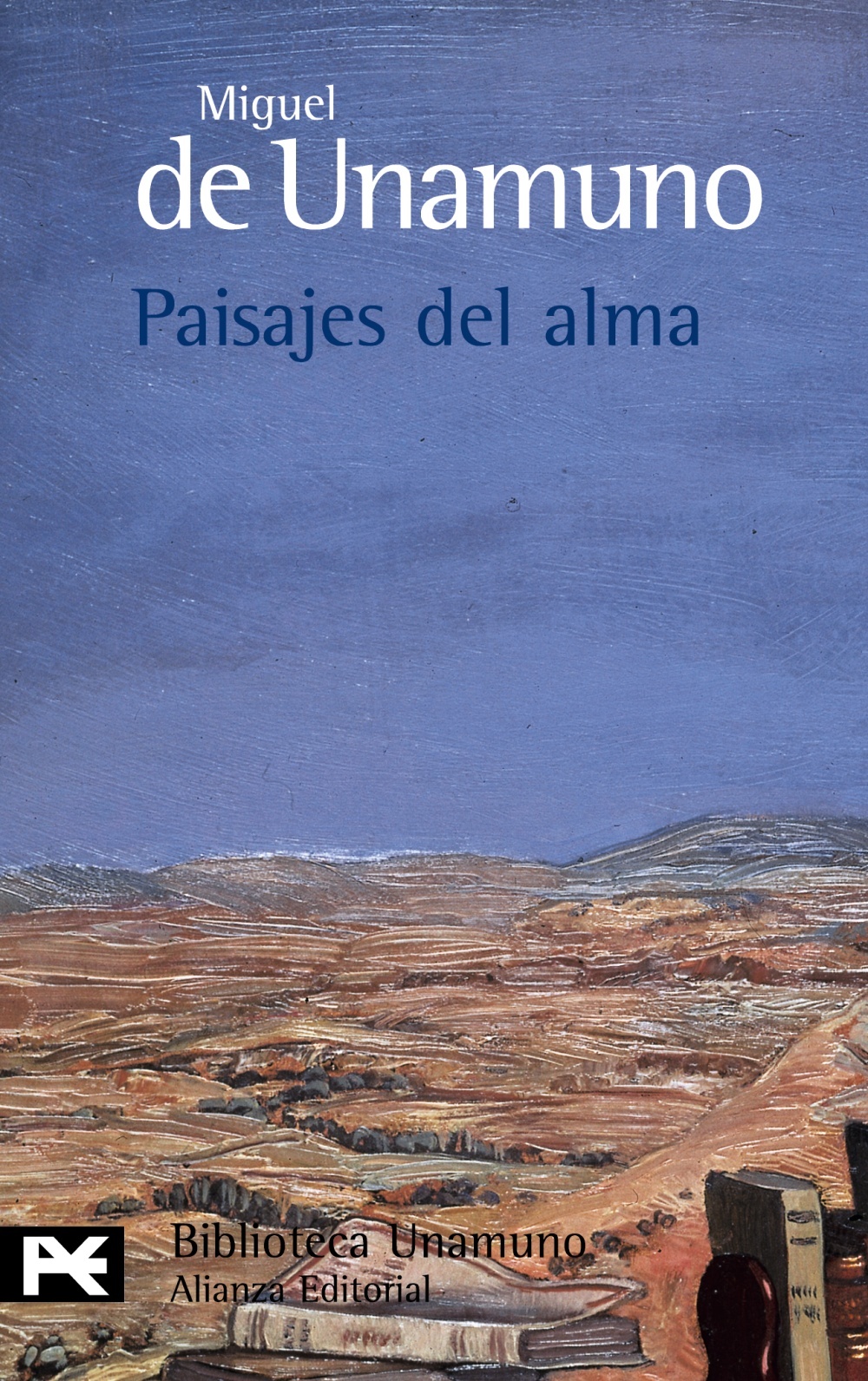
Paisajes del alma
1979
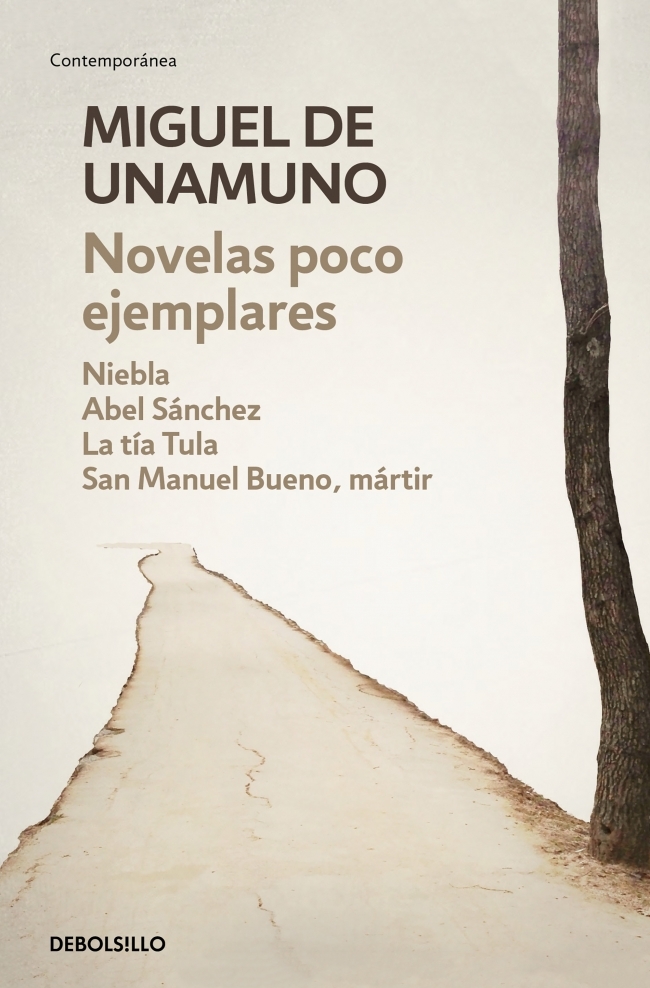
Novelas poco ejemplares
2019

Vida de Don Quijote y Sancho
1905
![Cuentos del azar y del amor [Tales of Chance and Love] book cover](https://images-na.ssl-images-amazon.com/images/S/compressed.photo.goodreads.com/books/1677852719i/61110853.jpg)
Cuentos del azar y del amor [Tales of Chance and Love]
2016

El espejo de la muerte
1913

Dos Novelas Cortas
1975

Cómo se hace una novela
1927

Histórias de Ficção Científica
2006

Tragic Sense of Life
1912
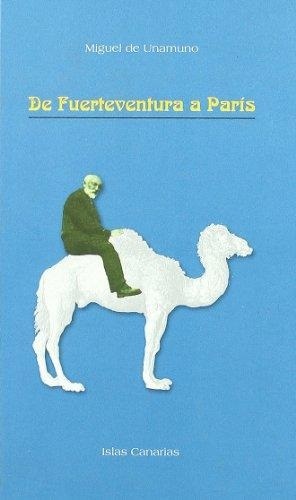
De Fuerteventura a París (Unamuno)
1925
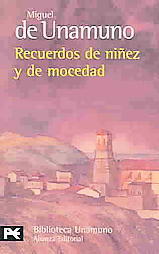
Recuerdos de niñez y de mocedad
1976

El otro
1993

Short Stories by the Generation of 1898/Cuentos de la Generación de 1898
A Dual-Language Book
2004

من ذاكرة الطفولة والشباب
2018
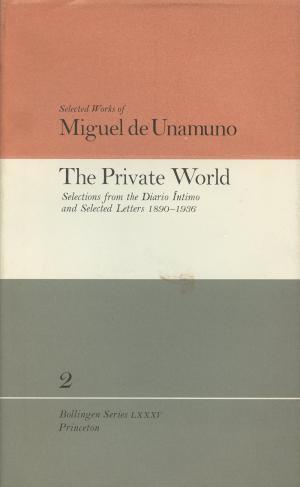
The Private World
Selections from the Diario Intimo and Selected Letters 1890-1936
1984

Diario íntimo
1970
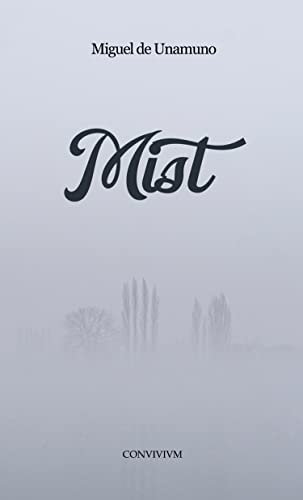
Mist
2023

Mecanópolis
1913

Por tierras de Portugal y de España
1911

Antología Poética
1942
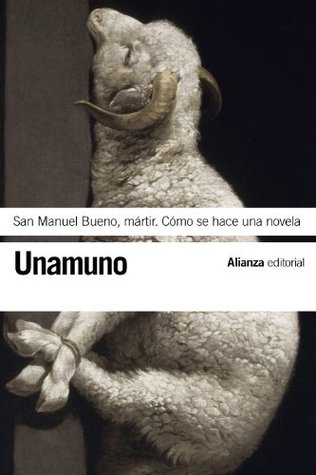
San Manuel Bueno, martir. Como se hace una novela
1971

Teresa
2000
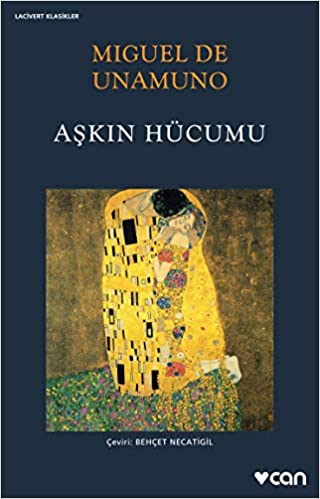
Aşkın Hücumu
2020

San Manuel Bueno, mártir
1930

Niebla
1914

Cuentos desconocidos
1998
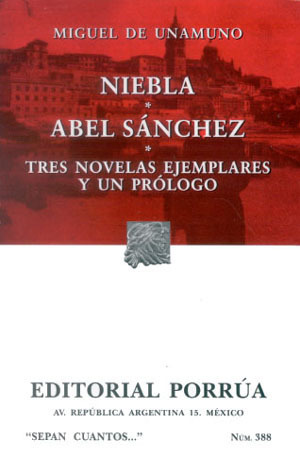
Niebla. Abel Sánchez. Tres Novelas Ejemplares y un Prólogo.
1998


